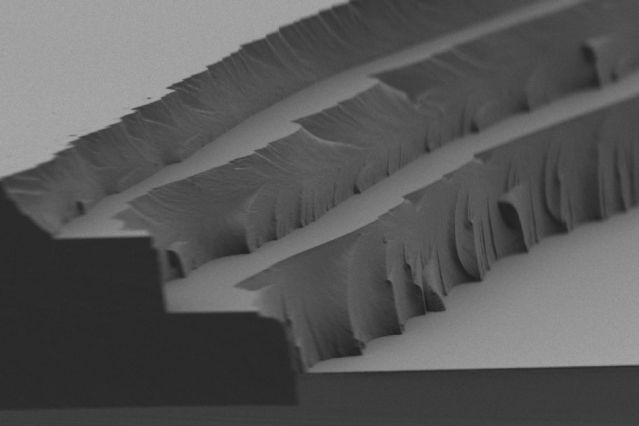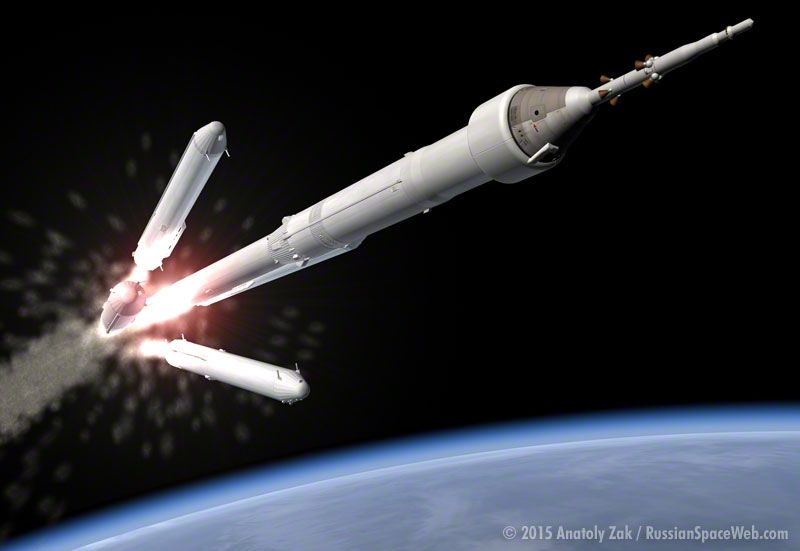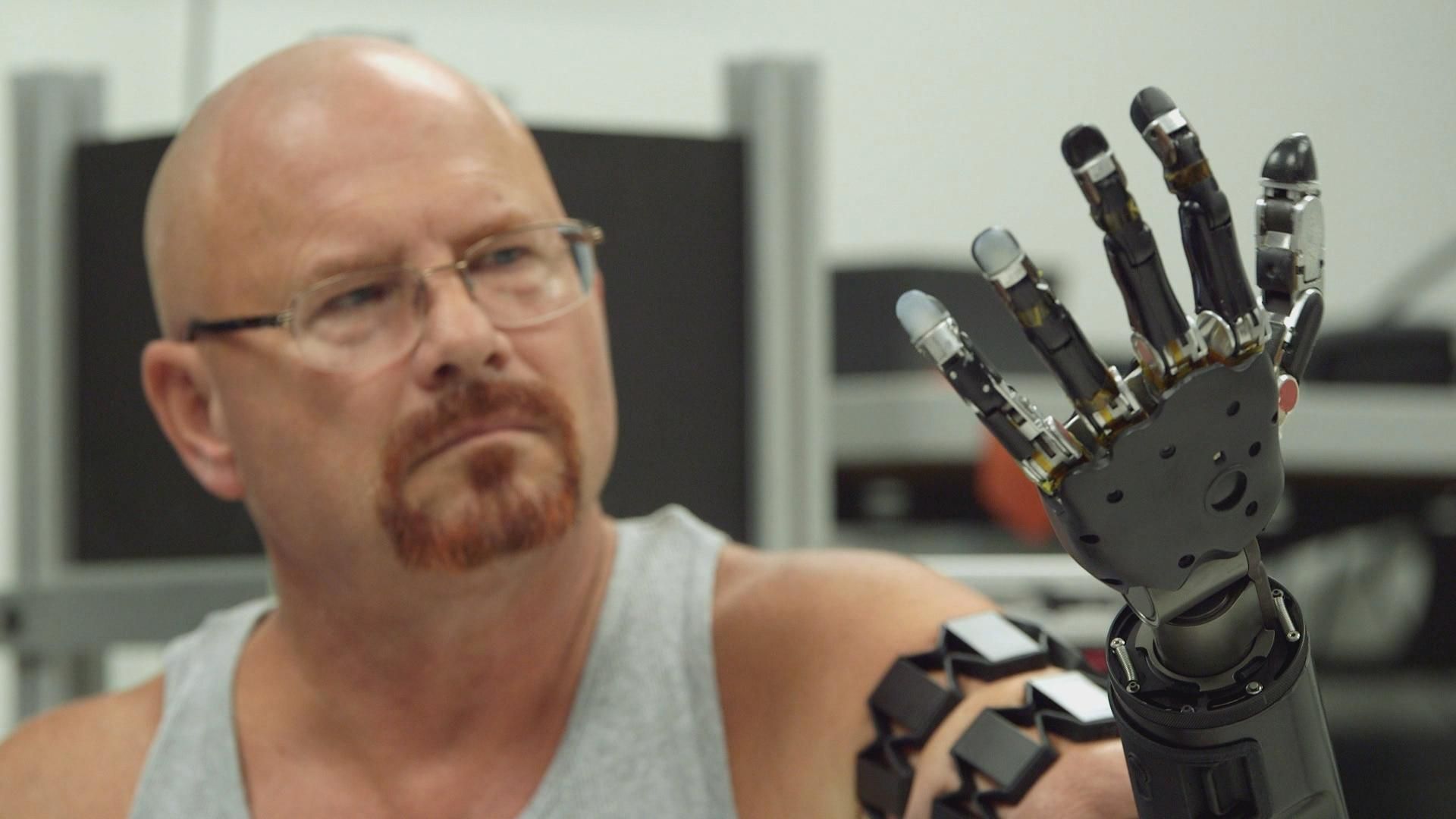Page 11468
Jan 8, 2016
Researchers ride new sound wave to health discovery
Posted by Montie Adkins in categories: biotech/medical, health
Yelling at stem cells.
Acoustics experts have created a new class of sound wave — the first in more than half a century — in a breakthrough they hope could lead to a revolution in stem cell therapy.
The team at RMIT University in Melbourne, Australia, combined two different types of acoustic sound waves called bulk waves and surface waves to create a new hybrid: “surface reflected bulk waves”.
Continue reading “Researchers ride new sound wave to health discovery” »
Jan 8, 2016
Planetary Resources reveals first object 3D printed from alien metal
Posted by Klaus Baldauf in categories: 3D printing, materials

Up until now, everything we’ve ever used in space has been brought there from Earth. Planetary Resources Inc. has long-term ambitions to mine the infinite resources space provides. In the mean-time, they’ve proven its possible by 3D printing material derived from an asteroid.
Jan 7, 2016
Material could harvest sunlight
Posted by Early Boykins III in categories: materials, solar power, sustainability, transportation
Imagine if your clothing could, on demand, release just enough heat to keep you warm and cozy, allowing you to dial back on your thermostat settings and stay comfortable in a cooler room. Or, picture a car windshield that stores the sun’s energy and then releases it as a burst of heat to melt away a layer of ice.
According to a team of researchers at MIT, both scenarios may be possible before long, thanks to a new material that can store solar energy during the day and release it later as heat, whenever it’s needed. This transparent polymer film could be applied to many different surfaces, such as window glass or clothing.
Although the sun is a virtually inexhaustible source of energy, it’s only available about half the time we need it—during daylight. For the sun to become a major power provider for human needs, there has to be an efficient way to save it up for use during nighttime and stormy days. Most such efforts have focused on storing and recovering solar energy in the form of electricity, but the new finding could provide a highly efficient method for storing the sun’s energy through a chemical reaction and releasing it later as heat.
Jan 7, 2016
We Finally Know What’s Causing Galaxy Quakes
Posted by Sean Brazell in category: cosmology
Did you need another existential risk to keep you up at night? Probably not, but here it is anyway: galaxy quakes. We’ve known about ‘em for years, and we hadn’t a clue what causes them—until now.
The culprit, unveiled today at the 227th meeting of the American Astronomical Society, is about as weird as you’d expect. Astronomers now believe that ripples in gas around the edge of the Milky Way are the result of a dwarf galaxy filled with dark matter ramming up against us several hundred million years ago.
Sukanya Chakrabarti of the Rochester Institute of Technology reached that bizarre conclusion by measuring the speed of three bright stars, called Cepheid variables, at the Gemini Observatory in Chile. These stars, which are suspected to hail from a larger population that entered our Milky Way during the Great Galactic Quaking of 300 million B.C., are all speeding away from us at about 450,000 mph.
Jan 7, 2016
New Evidence Suggests Human Beings Are a Geological Force of Nature
Posted by Sean Brazell in category: materials
For years, the term “Anthropocene” has been used to informally describe the human era on Earth. But new evidence suggests there’s nothing informal about it. We’re a true force of nature — and there’s good reason to believe we’ve sparked a new and unprecedented geological epoch.
A team of international geoscientists say the time has come for us to formally recognize the Anthropocene as a new epoch, one as significant as previous geological eras like the Holocene and Pleistocene. According to the new study, which appears in the latest issue of Science, it began sometime around the midpoint of the 20th century, and is fueled by a number of unquestionably human influences — including elevated greenhouse gas levels and the global proliferation of invasive species, along with the spread of materials such as aluminium, concrete, fly ash, and even fallout from nuclear testing.

Jan 7, 2016
Scientists move one step closer to turning water into hydrogen fuel, affordably
Posted by Montie Adkins in categories: energy, transportation
Researchers reveal a new mechanism to create hydrogen fuel that could power environmentally clean cars.
Jan 7, 2016
Russia’s Big Plan To Finally Put Cosmonauts on the Moon
Posted by Sean Brazell in category: space
Jan 7, 2016
Here Is the Soviet Union’s Secret Space Cannon
Posted by Sean Brazell in category: space
In 1975, the USSR actually fired a cannon from an orbiting space station. Forty years later, we finally got a good look at this gun.
Jan 7, 2016
Meet the Man With a Thought-Controlled Robotic Arm
Posted by Roman Mednitzer in categories: biotech/medical, cyborgs, physics, robotics/AI
Johnny Matheny is the first person to attach a mind-controlled prosthetic limb directly to his skeleton. After losing his arm to cancer in 2008, Johnny signed up for a number of experimental surgeries to prepare himself to use a DARPA-funded prosthetic prototype. The Modular Prosthetic Limb, developed by the Johns Hopkins Applied Physics Laboratory, allows Johnny to regain almost complete range of motion through the Bluetooth-controlled arm. (Video by Drew Beebe, Brandon Lisy) (Source: Bloomberg)

















